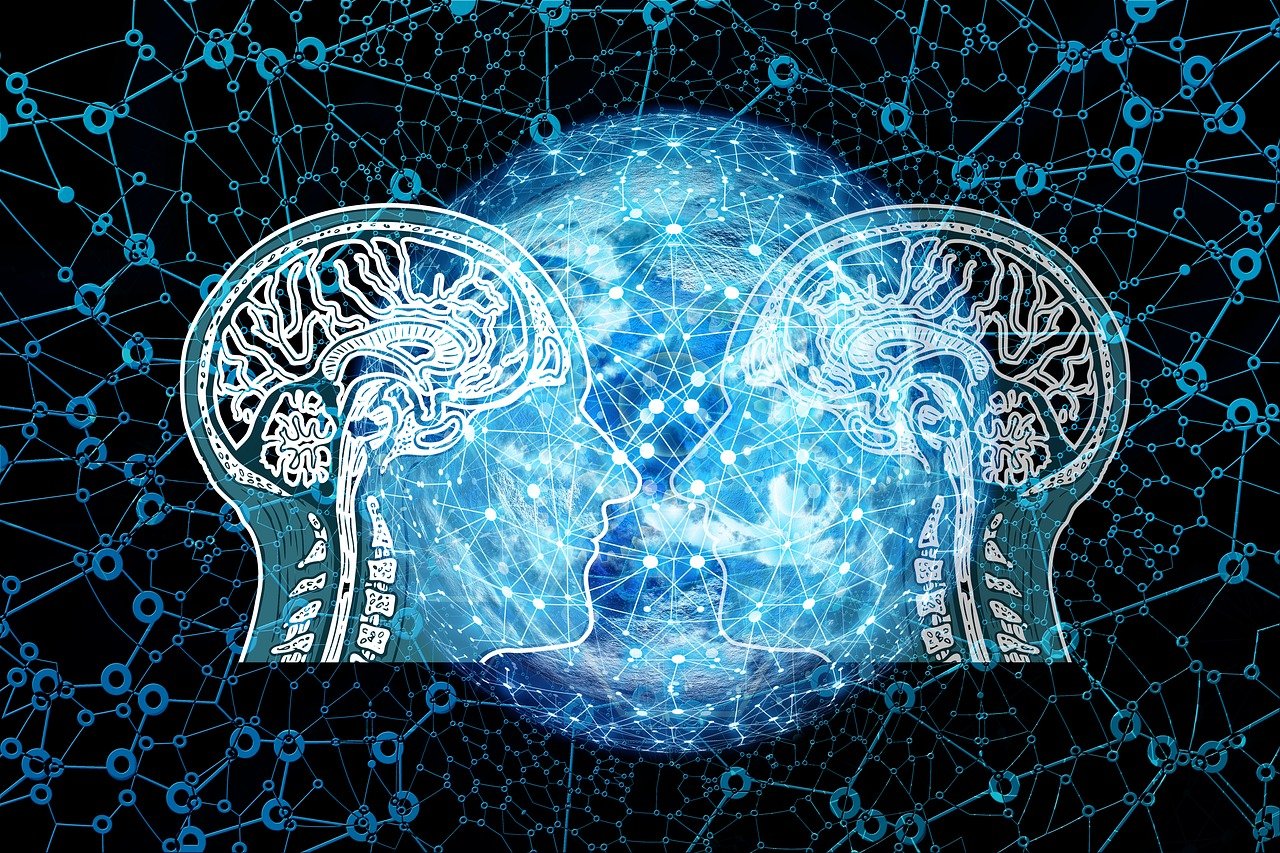
EXPLORING MENTAL ILLNESS AND SUBSTANCE USE DISORDERS
Our research group is interested in understanding the link between brain network activity and dysfunction in models of neuropsychiatric illness and high impact psychological domains (e.g., cost-benefit decision making) that are common domains of dysfunction across many neuropsychiatric disorders. We believe that through this understanding, current and emerging treatments can be personalized to match an individual’s specific brain dysfunction and improve treatment outcomes. Our work evaluates the use of brain activity to guide the targeting and tuning of cutting-edge network-based interventions (e.g., transcranial magnetic stimulation [TMS] and deep brain stimulation [DBS]) to correct dysfunctional brain activity. We use electrophysiological and brain imaging read-outs of brain activity paired with advanced computational approaches (machine learning) to understand how to transform problematic brain activity back to normal.Current Projects
Effective treatments, including experimental neuromodulation-based interventions, alter the activity of brain regions underlying neuropsychiatric illness or impairments in specific domains of dysfunction (e.g., cost-benefit decision making). However, these treatments have problematic variability across individuals and there is a need to personalize these treatments to improve outcomes. We use pre-clinical models to develop and validate approaches to personalize neuromodulation-based treatments to eventually improve their effectiveness in patients.A current limitation of non-invasive stimulation approaches, such as TMS, is that the effects of stimulation wear off in between treatment sessions. Our group is beginning to evaluate the use of psychedelic drugs to create periods of brain plasticity followed by targeted stimulation to direct where and how brain function is transformed. This line of work has the potential to overcome barriers currently limiting the effectiveness of non-invasive brain stimulation for neuropsychiatric disorders.Other studies in our lab involve investigation of in-vivo models of schizophrenia and co-occurring substance use to further understand the basis of these disorders, and to test potential new therapeutic agents and techniques. Among new therapeutic strategies being studied are novel pharmacological approaches and neurosurgical methods to modulate the activity of delineated neural circuitry. Methodologies used include behavioral paradigms, pharmacology, brain imaging, electrophysiology, chemogenetics, and focal brain stimulation. Other ongoing studies probe the neural circuitry of food and drug addiction alone.Our current neuroimaging studies use functional magnetic resonance imaging (fMRI) techniques to illuminate structural and functional deficits underlying serious psychiatric disorders. One area of focus, at present, involves the use of fMRI to assess the causal contribution of dysfunctional brain reward circuitry in the development of substance use disorder and evaluate targets for therapeutic intervention.

